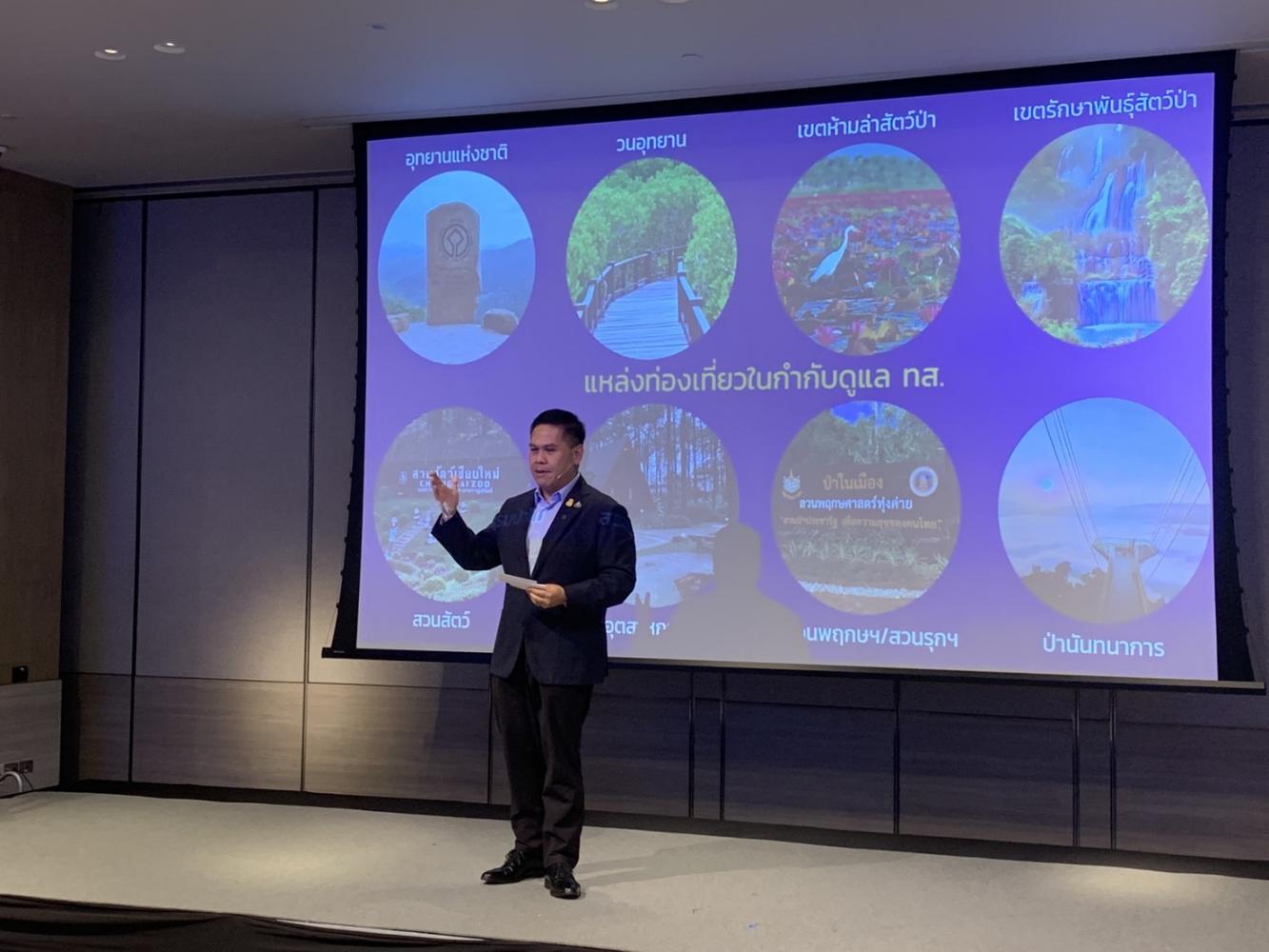
The Natural Resources and Environment Ministry has urged the tourism industry to focus on spending per person instead of total arrivals to help preserve the environment, recommending policies such as capacity limits at tourist attractions.
"Having a lot of tourists is a good thing for operators, but we must find a balance in terms of our resources," said Natural Resources and Environment Minister Varawut Silpa-archa.
The Tourism Authority of Thailand (TAT) set a target of almost 20 million inbound tourists next year, roughly 50% of the level in 2019.
Speaking to hotel operators at the Thai Hotels Association's (THA) monthly meeting on Wednesday, Mr Varawut said one tourist on average consumes 30 litres of water and produces one kilogramme of waste per day.
The ministry already imposes a carrying capacity policy to limit the number of tourists and length of stay at some of Thailand's national parks.
For instance, the famed Maya Bay in Krabi only allows entrance to 380 people per day in order to offer the best experience to tourists and preserve its natural resources. The policy is based on academic studies.
He said implementing this policy will not discourage tourism as more people will want to visit destinations that are well-kept.
Other moves include using an online booking platform to buy an entrance ticket, banning single-use plastics in areas, and developing safe and inclusive infrastructure for tourists.

Mr Varawut says that we must find a balance while using our resources.
In terms of developing accommodation in natural parks, Mr Varawut insisted on project construction that blends with nature, causing the least impact and following the bio-, circular and green model.
He said Thailand accounts for 0.8% of greenhouse gas emissions globally, but it iss among the first 10 countries to be affected by climate change.
The government set a target for Thailand to become carbon-neutral by 2050 and net-zero in terms of greenhouse gas emissions by 2065.
Mr Varawut said the ministry is willing to help hotels and the private sector acquire environmental or sustainable funding from overseas organisations.
The ministry has been collaborating with the THA by issuing Green Hotel certificates to qualified hotels across the nation.
He said the price of renewable energy infrastructure such as solar cells will likely drop within two years, while production efficiency is growing, which will eventually help operators save costs amid concerns over rising electricity prices.
Mr Varawut said hotels can achieve carbon credits through various methods, such as producing fertiliser from waste material, planting additional trees or using renewable energy infrastructure.
